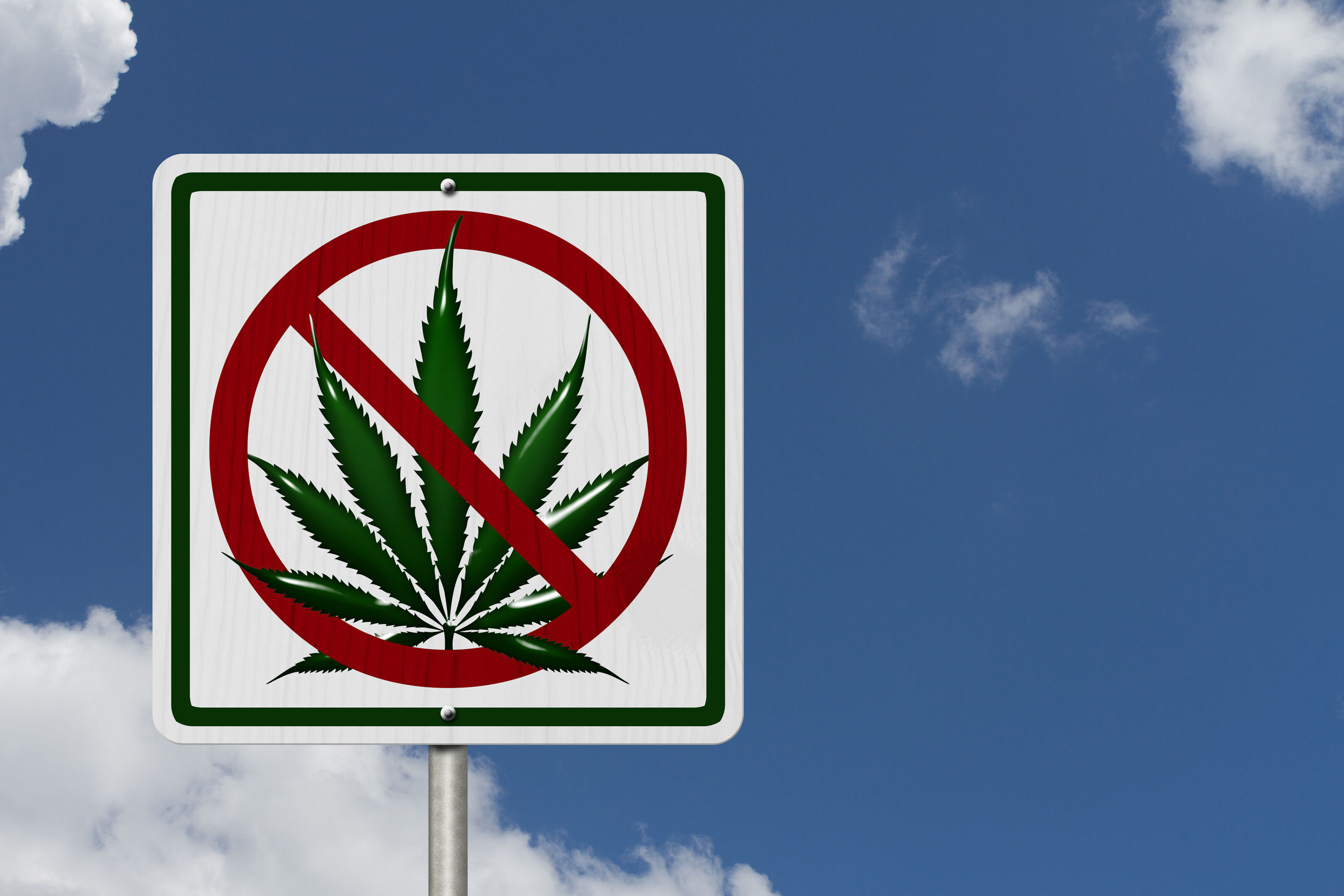Will driving under the influence of legal marijuana be handled the same way as alcohol? How will it be measured?
In Canada it is not illegal to drink and drive and it is not illegal to smoke and drive (or take any drug and drive). You can even drive while drinking (actually you cannot since you’d likely be violating a provincial alcohol regulation, but my point is that it isn’t, on its own, a criminal offence).
What makes it illegal is driving while you have any substance in your body (alcohol, weed, pills etc.) which has impaired your ability to operate the vehicle. In other words, if the drug/alcohol has affected you to a minor degree, but not to the point of negatively impacting your ability to drive, then you’re find. However as soon as it affects your ability to drive, negatively, even slightly, you would be committing a criminal offence. So the threshold is low, although the lower your impairment is, the harder it would be to detect and ultimately to prove in Court.
It’s worth mentioning that people who consume alcohol or drugs often are bad judges of whether or not they are impaired and so you should try to avoid drinking and driving, smoking and driving or taking any drug before driving if it can affect your abilities. It’s the safe thing to do.
Now as it pertains to marijuana (or marihuana as they like to call it in the case law; or cannabis in the legislation) we are at an interesting point in history given that the Canadian government is making rumblings about wanting to liberalize or even legalize the use of marijuana. That having been said, pot is a mind-altering substance. After you inhale marijuana smoke, its chemicals enter your lungs and then your bloodstream. THC, the active ingredient, is a very potent chemical compared to other psychoactive drugs. Once in your blood, THC typically reaches the brain seconds after it is inhaled and begins to go to work. If you’ve smoked it before you know what I am talking about.
These impacts to your brain can cause your reaction time to slow, your judgment to decrease, or your perception to be altered. Generally any of these things can be said to “impair” your ability to drive since a slower reaction time, hindered judgment or the lower ability to perceive things all can be said to be examples making you a worse driver.
Unlike alcohol there is no quick solution for measuring the quantity of THC in your blood or body. Technologies are currently be researched and developed and if you Google something like ‘weed breathalyzer’ or ‘pot breathalyser’ you can learn more about it. There was an [article on the CBC’s website —–http://www.cbc.ca/news/canada/marijuana-safety-driving-1.3587636] which talked about this recently.
In the meantime there are still [physical coordination tests —– https://www.canlii.org/en/ca/laws/regu/sor-2008-196/latest/sor-2008-196.html] that an officer can perform at the roadside called
- the horizontal gaze nystagmus test;
- the walk-and-turn test; and
- the one-leg stand test.
B and C are self explanatory and A refers to watching your eyes follow something like a light or a pen and looking for jerky movements.
In my view, the “failing grade” for these tests are too easy to attain and most people tested, even sober people, will fail.
So if you smell like weed or admit to consuming, you might find yourself being submitted to such a test and, if the officer determines you failed, being arrested for further more detailed tests, urine tests and other kinds of tests at the police station.
David Anber
David Anber has been a trailblazing legal practitioner since 2006. His early entry into law practice during his studies marked the beginning of a distinguished career. As a member of both Ontario and Quebec’s bar associations, David excels in defending traffic and criminal cases across both provinces. David contributes to legal discourse through articles for the Defence Counsel Association of Ottawa and the Criminal Lawyer’s Association of Ontario.

